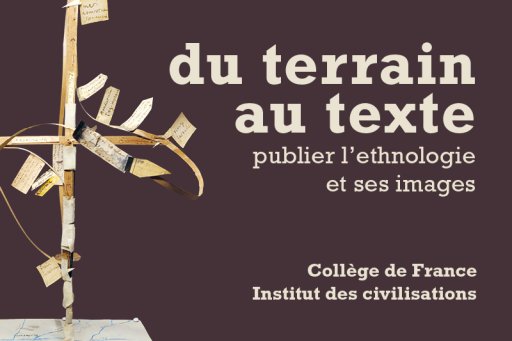
Following a thesis on the physics of cell division and fluctuations in a red blood cell, obtained at the Institut Curie under the supervision of Jean-François Joanny and Jacques Prost, Hervé Turlier completed a postdoctoral fellowship at the European Molecular Biology Laboratory, in Germany, on the physical laws that determine the shape of an early mouse embryo. In 2017, he set up a new Multi-scale Physics of Morphogenesis team at the Centre interdisciplinaire de recherche en biologie, housed at the Collège de France, and was awarded European ERC funding in 2020 to reverse-engineer a virtual embryo from microscopy data, combining biophysical modeling and artificial intelligence.
The Paoletti 2021 prize, awarded by the CNRS, recognizes the quality of his work at the interface between biology and physics, as well as his team's ambitious research project, which aims to understand the principles of cell organization and communication in an embryo at the earliest stages of development. This highly interdisciplinary research is above all fundamental, but could have spin-offs in reproductive and regenerative medicine.










